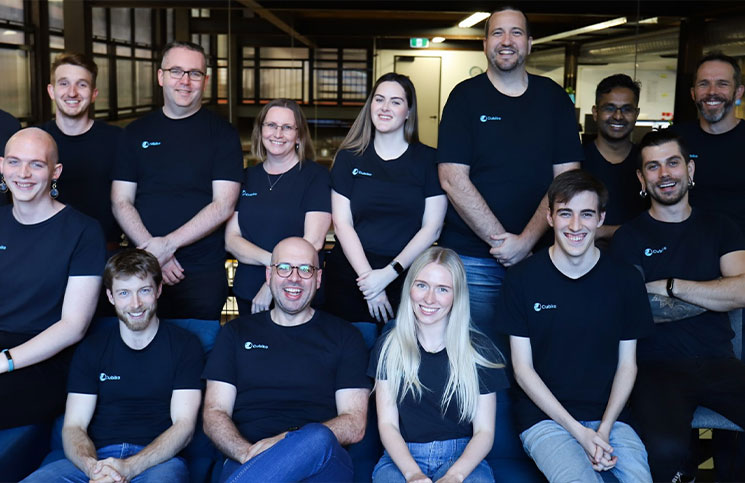The challenging and rewarding experience of operating at the executive C-suite level is a major motivation for many to complete a Master of Business Administration.
For a company to succeed, C-level executives require new and diverse skills to deal with today’s business realities and an MBA can prepare them for the move up.
But what does the journey to the C-suite involve, and what is it like when you get there?
Michael Griffin is a UQ MBA alumnus and the Chief Operating Officer at Cubiko, a business intelligence platform that integrates with multiple business and healthcare systems.
Michael moved into his C-level executive position after a stint in a senior manager role and said he drew on his MBA learnings constantly while overseeing the day-to-day operational functions of the company.
Michael shares 5 things no one told him once you reach the C-suite and how the UQ MBA helped him succeed.
Working in a C-suite position requires a complete shift in thinking, according to Michael.
“You’ll need to shift from a very practical approach as a senior manager to being more strategic and forward-thinking,” he said.
“You have to have a high-level overview in terms of thinking about the long-term future of the busines.”
- Adopt A Holistic Mentality
Michael said good leaders had a strong holistic mentality: “As a senior manager, it’s possible to operate in a niche domain, but that’s definitely not okay at the C-suite level,” he said.
“You won’t be able to take the whole company forward if you don’t look at it as one interconnected entity.
“You have to have a holistic mentality about the operations of the whole organisation.
To find out more about the UQ MBA, register now for the UQ MBA Information Event on November 3. Applications close 30 November 2021.
-
There’s No Time To Rest Once You Get There
“There’s a great feeling of accomplishment once you achieve your C-suite goal, but then you can find yourself asking ‘what’s next’?
“The answer is that you are still a person in a company and there is work to be done.
“It’s a life lesson that your new title doesn’t necessarily mean that all aspects of your day-to-day work has changed.
“The company is relying on you to do a job, whether you’re a senior manager or executive.”
-
The C-suite Has Its Own Language
Michael said executives often spoke a lingo specific to their role and learning the language was critical for rising professionals.
“An MBA helps you to be able to speak the C-suite language with other executives,” he said.
“The language of C-suite is about understanding what the other executives are saying and articulating to them problems or ideas in a way that will be understood by everyone at the table.”
- Be Prepared For It To Be Life Changing
Michael said taking on executive responsibility was a giant leap in a professional’s career.
“Moving from a senior management role to a C-level title can mean a lot of rapid change,” he said.
“Trying to take the company to the next level can quickly become your whole life’s purpose when you become a leader of people and a maker of change.
“It’s a big step forward professionally and one that you can’t 100% prepare for – you need to experience it in real life.”
How A UQ MBA Helps On The Journey To C-Suite
Michael said he was “incredibly grateful” for the skills and knowledge gained from the UQ MBA.
“You gain a general awareness of every facet of a business, from human resources and finance to marketing and information technology.
“The broad understanding you gain means you have a newfound ability to communicate strategies with everyone else at the C-suite and board level.
“The MBA also helps you develop the ability to look at business problems and break them down.
“You learn where to go to look for information to help solve the problem, which leads to delegating to the right people. It’s a mindset the MBA really helps to develop.”
To find out more about the UQ MBA, register now for the UQ MBA Information Webinar on November 3. Applications close 30 November 2021.








